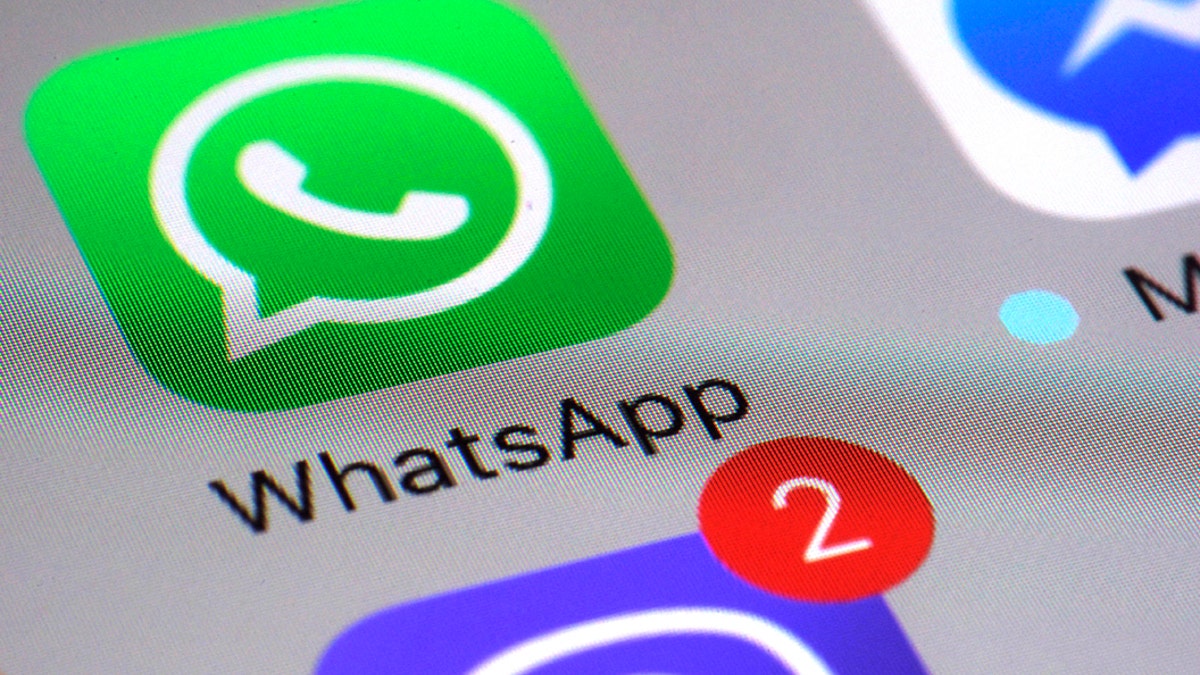Fox News Flash top headlines for April 7
Fox News Flash top headlines are here. Check out what's clicking on Foxnews.com.
Get all the latest news on coronavirus and more delivered daily to your inbox. Sign up here.
Facebook-owned WhatsApp is limiting the ability to forward misinformation about the coronavirus pandemic, it announced on Tuesday.
The messaging app said it will limit the ability to forward certain messages to one other conversation at a time, as opposed to the previous limit of five. These messages can be identified with double arrows, signifying they originated outside a close contact.
"In recent weeks, people have also used WhatsApp to organize public moments of support for frontline health workers," WhatsApp wrote in a blog post. "However, we’ve seen a significant increase in the amount of forwarding which users have told us can feel overwhelming and can contribute to the spread of misinformation. We believe it’s important to slow the spread of these messages down to keep WhatsApp a place for personal conversation."

WhatsApp communications app on a smartphone. (AP Photo/Patrick Sison)
FACEBOOK IS BUILDING A CORONAVIRUS 'HEAT MAP,' ASKING USERS ABOUT THEIR SYMPTOMS
WhatsApp, which Facebook purchased for nearly $19 billion in cash and stock, said it is working with organizations, including the World Health Organization and more than 20 national health ministries, to get people accurate information.
Users are also able to send "potential myths, hoaxes and rumors" to independent fact-checkers on the apps' Coronavirus Information Hub, WhatsApp added.
The move is the latest from the tech giant in the fight against the coronavirus pandemic. In March, Facebook provided information for its more than 2 billion users on how to spot fake news in an effort to stop the spread of misinformation.
CLICK HERE FOR COMPLETE CORONAVIRUS COVERAGE
Separately in March, Facebook said it would provide $100 million in grants to aid small businesses during the pandemic.
As of Tuesday afternoon, more than 1.38 million coronavirus cases have been diagnosed worldwide, including more than 378,000 in the U.S., the most impacted country in the world.









































